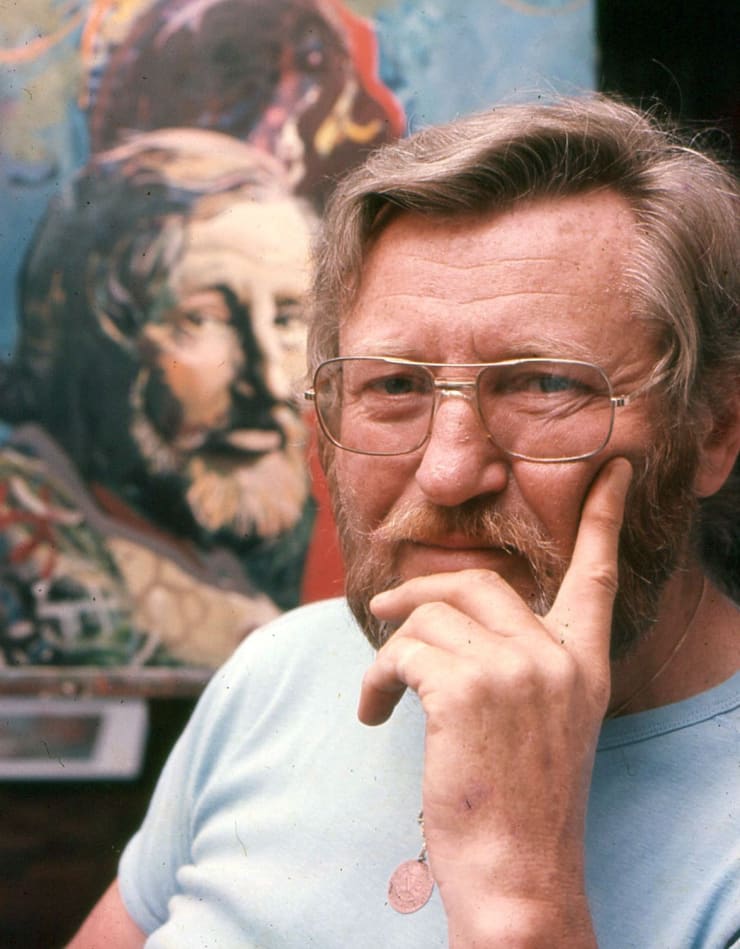Sepp Baendereck lived intensely and experienced, among many things, the war in Europe, the post-war period as a refugee in Austria, poverty in his early days in Brazil, the rise as a successful publicist during the Brazilian Economic Miracle and the beginning of a global ecological movement.
All this intensity was translated into the various phases of his career as a visual artist.
His work is timeless and important today, especially with regard to environmental preservation and the natural wealth of Brazil, a country that adopted the artist as its citizen.
-

“Destruction is the engine of history" (Hegel)
On my third trip to the Amazon, in December 1976, I explored the Araguaia and Tocantins rivers, the Trans-Amazonian from Marabá to Tucuruí. Last month, I went to Alto Solimões. The Ticuna, in the process of acculturation for over 300 years, represent the largest nation of Brazilian Indians. Everything is fine.
In my work, I want to show people, land and things simply as they appear, analyzing them through the models I find and not through my imagination. Nature, as well as my commitment to the artist's traditional dedication to representing it, is of the utmost importance to me, since - as my friend Krajcberg says - "human imagination is infinitely poorer than nature's lavish creativity. (God)".
Photography is an important aid to my vision and memory. The machine sees with one eye, my vision is binocular, which results in a double interpretation. What is seen in my painting, therefore, is essentially a double image, a reality twice interpreted, twice filtered, twice focused and illuminated. There is no risk of deception. It's a real painting. What I paint is not fantasy.
A canvas can take three weeks to make and sometimes two full months. This year, for example, from January until today, I painted only eight canvases. There are days when I work from 9 am to 3 am. There are others where I do nothing. Being a painter is something monstrous. Nobody encourages the artist. My work is my only gratification. In other words, painting encourages and gratifies me. I am my own stimulus, painting is the great passion of my life.
Years ago, I was very concerned about the impact of my work. It is difficult to explain, but as I discover and interpret the objectivity of reality through the force of the very character of my work, I become more and more free, independent. This inexplicable compulsion of mine to paint is today closely linked to the world in which I have lived for almost 30 years, to this immense Amazon, to this Brazil that I love more than the land where I was born. This is my ambition: I want to humbly be a reporter for this Brazil, as Frans Post, Debret and Rugendas were. I have a commitment to Brazil.
Sepp, October 1977, São Paulo. -

Photo by Regina Jeha


